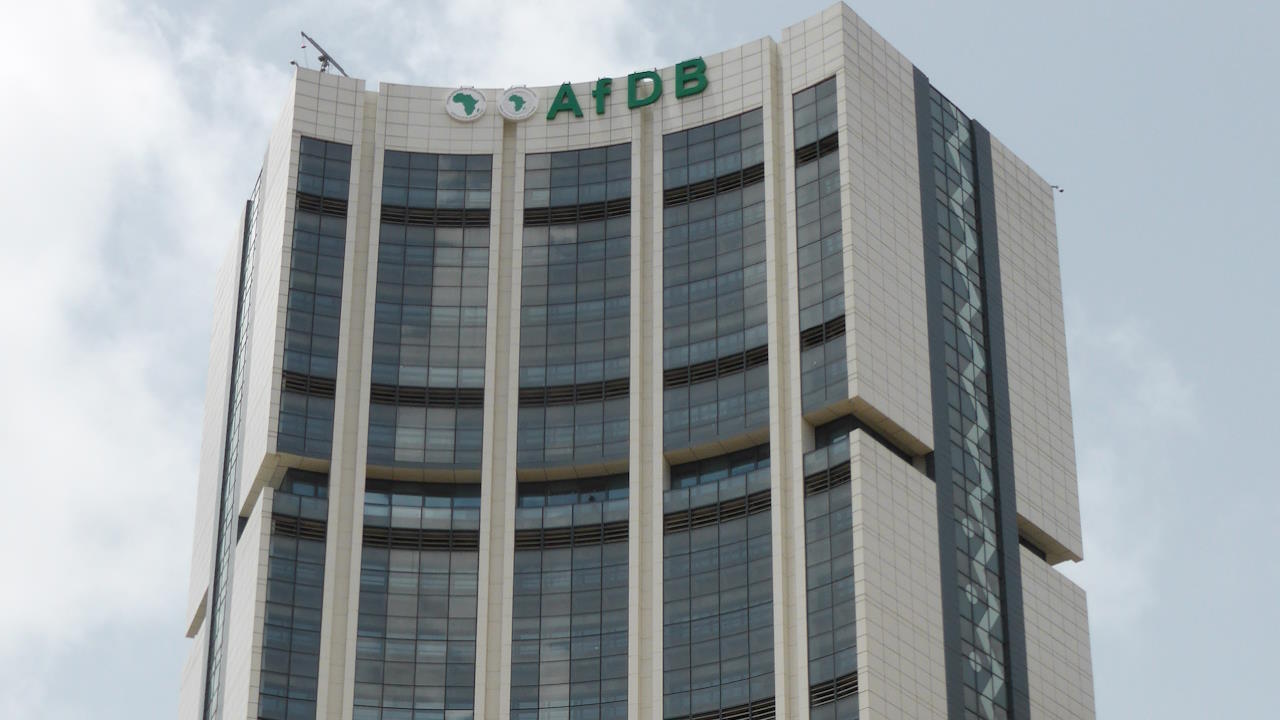
United States has imposed sanctions on eight Ugandan officials, including prominent figures such as Magogo and Lugolobi. This move comes against a backdrop of increasing concerns over debt distress in Africa, as highlighted during the recent African Development Bank (AfDB) meetings.

The sanctions are part of a broader initiative by the US government to address issues of corruption and human rights abuses in Uganda. Among those sanctioned are Moses Magogo, the President of the Federation of Uganda Football Associations (FUFA), and Amos Lugolobi, a Member of Parliament. These individuals, along with six others, are accused of engaging in corrupt practices that undermine democratic processes and human rights in Uganda.
The US sanctions entail travel bans and asset freezes, effectively isolating these officials from the international financial system. The US State Department emphasized that these actions are intended to promote accountability and support the Ugandan people in their pursuit of a transparent and democratic governance structure.
Concurrently, the threat of debt distress loomed large at the African Development Bank’s annual meetings. The discussions, which included participation from Uganda, focused on the escalating levels of debt among African nations and the potential economic fallout. Experts at the AfDB highlighted that several countries, including Uganda, are at risk of entering a debt crisis if stringent measures are not implemented.
Debt distress occurs when a country is unable to meet its debt obligations, leading to severe economic consequences such as inflation, currency devaluation, and a decline in public services. The AfDB meetings emphasized the urgency for member states to adopt prudent fiscal policies and enhance domestic revenue mobilization to mitigate these risks.
For Uganda, the AfDB meetings serve as a crucial platform to explore strategies to manage its burgeoning debt. The country's debt has been rising, driven by extensive infrastructure projects and social spending. While these investments are critical for development, they have significantly increased the national debt burden.
The Ugandan government, aware of these challenges, has been working on various measures to prevent slipping into debt distress. These include efforts to improve tax collection, reduce non-essential expenditures, and seek concessional financing rather than expensive commercial loans. The government is keen on fostering public-private partnerships to finance key projects without amplifying the debt levels.
The AfDB plays a pivotal role in supporting member states like Uganda through financial assistance, policy advice, and technical support. During the meetings, the bank reiterated its commitment to helping countries navigate the complex landscape of debt management. It recommended several measures, including:
Encouraging governments to maintain strict fiscal discipline and prioritize spending on high-impact projects.
Advocating for greater transparency in debt transactions to ensure public awareness and scrutiny.
Promoting economic diversification to reduce dependency on volatile sectors and create more resilient economies.
Providing technical assistance to strengthen the capacities of national institutions in debt management and economic planning.
The dual challenges of US sanctions on Ugandan officials and the rising threat of debt distress underscore the need for robust governance and economic prudence in Uganda. As the country navigates these turbulent waters, the role of international bodies like the AfDB becomes increasingly critical.
By implementing the recommended measures and fostering a culture of transparency and accountability, Uganda can work towards sustainable development and economic stability. The coming months will be crucial in determining how effectively these strategies are executed and their impact on Uganda’s financial health and governance standards.

















